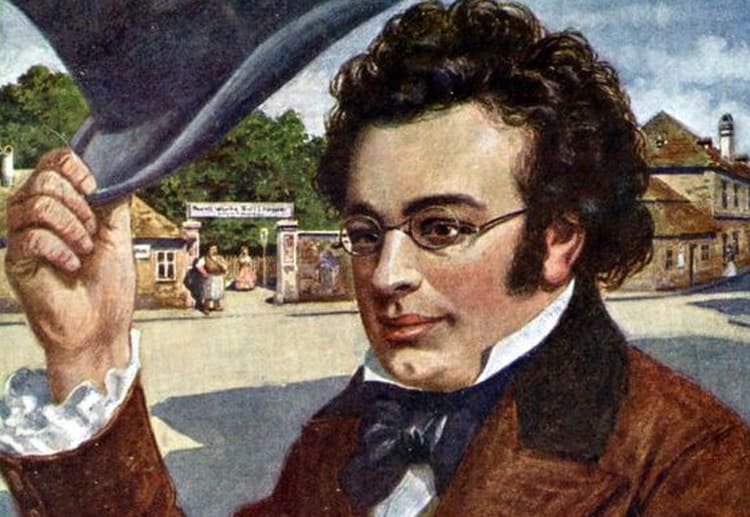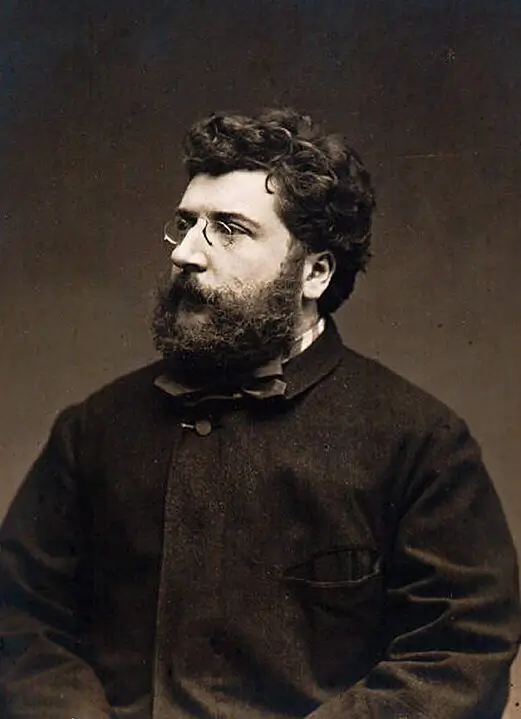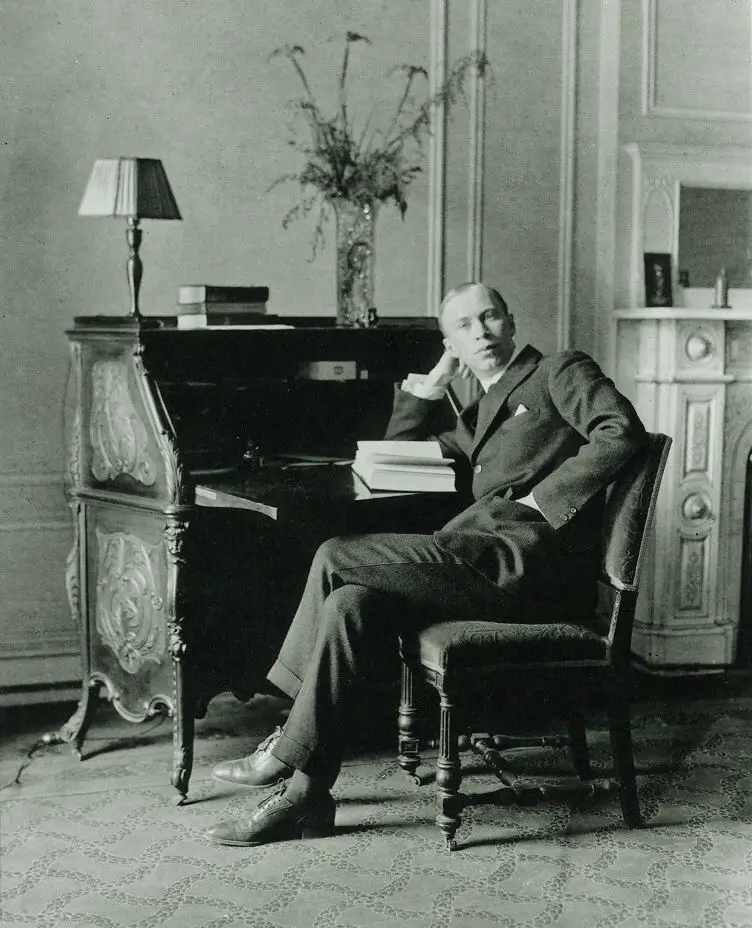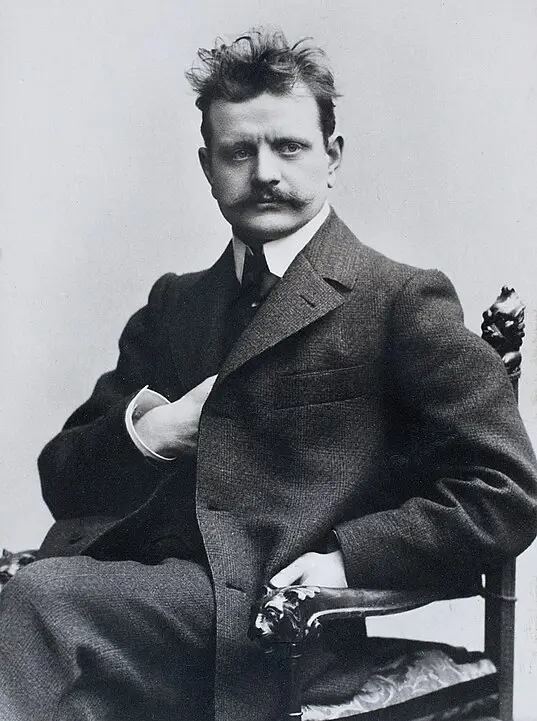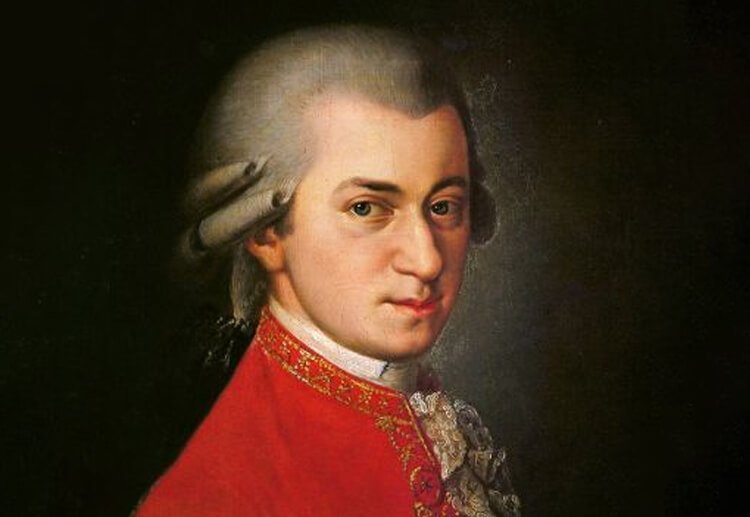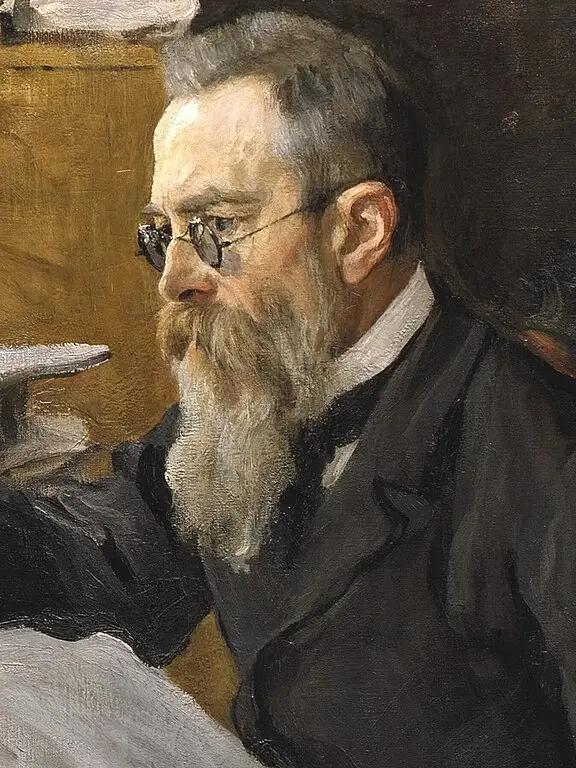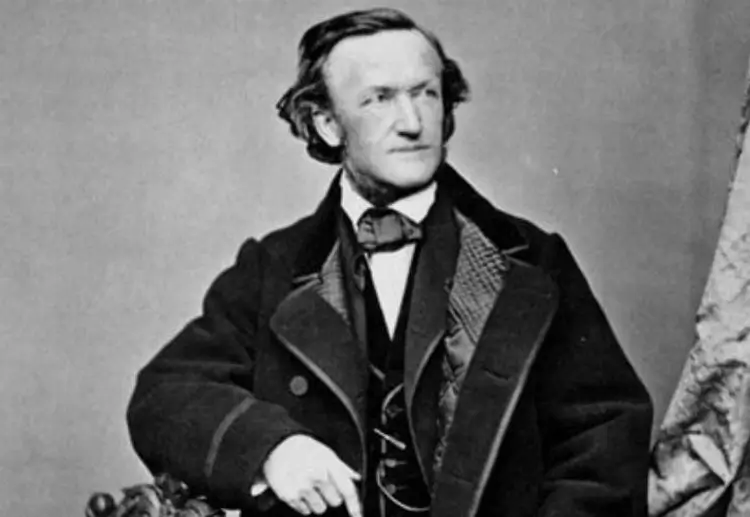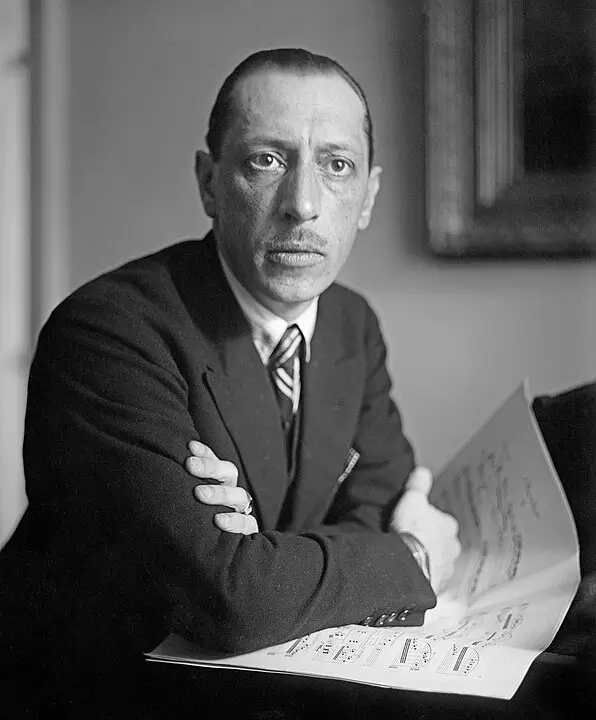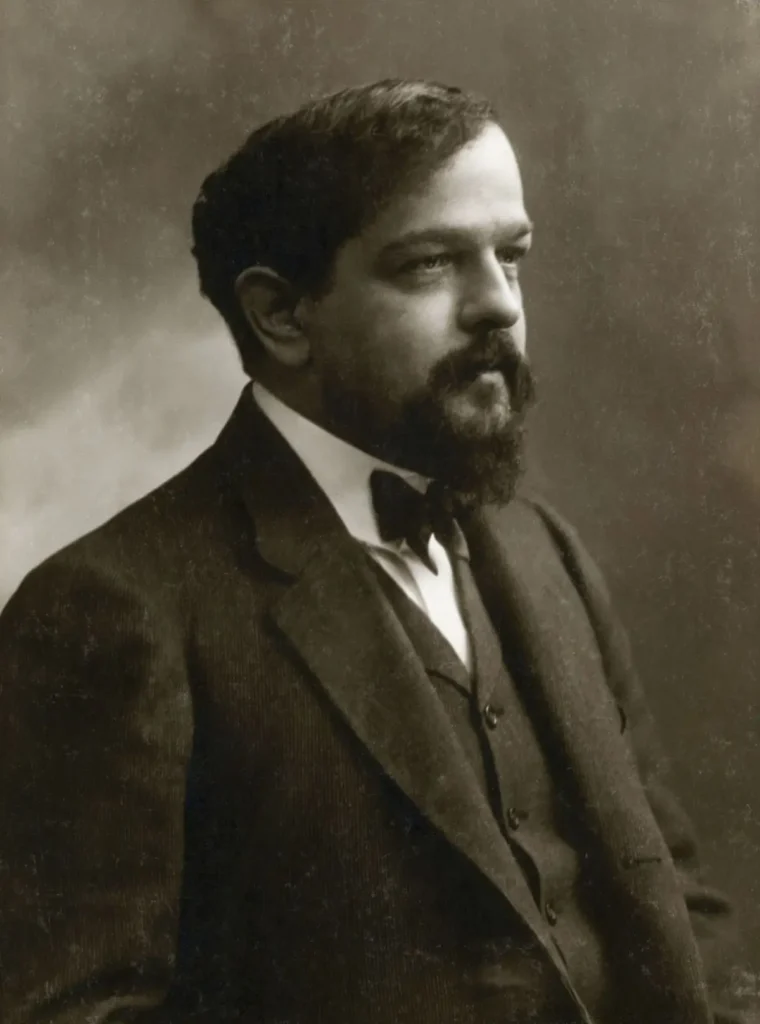Introduction
Franz Schubert is widely regarded as one of the greatest composers of the Romantic era. His music, characterized by its emotional depth and lyrical beauty, continues to captivate audiences around the world. Born in Vienna in 1797, Schubert’s short life was filled with musical brilliance and innovation. This article will delve into the various aspects of his life, from his early years to his untimely death, exploring his musical training, major works, connections to other composers, character, philosophy, and the city where he lived.
Early Life
Franz Peter Schubert was born on January 31, 1797, in a suburb of Vienna, Austria. He was the twelfth child of Franz Theodor Schubert, a schoolmaster, and Elisabeth Vietz, a homemaker. From an early age, Schubert showed a remarkable talent for music. He began playing the piano at the age of five and soon started composing his own music. His father recognized his prodigious abilities and arranged for him to receive formal musical training.
Musical Training and Development
At the age of eleven, Schubert was accepted into the Imperial and Royal City College, where he received a thorough education in music theory and composition. He studied under the renowned composer Antonio Salieri, who recognized his exceptional talent and encouraged him to pursue a career in music. During this time, Schubert also became proficient in playing the violin and organ, further expanding his musical abilities.
Major Works and Compositions
Schubert’s prolific output includes over 600 compositions, ranging from symphonies and chamber music to lieder and operas. Some of his most famous works include the “Unfinished Symphony,” the “Trout Quintet,” and the song cycles “Die schöne Müllerin” and “Winterreise.” These compositions showcase Schubert’s ability to convey deep emotions through his music, with haunting melodies and rich harmonies that continue to resonate with audiences today.
Connections to other Composers
Schubert’s musical genius was not confined to his own compositions. He was an active participant in Vienna’s vibrant musical scene, where he formed close friendships with other notable composers, such as Ludwig van Beethoven and Johann Nepomuk Hummel. Schubert greatly admired Beethoven and even dedicated his “Symphony No. 9” to him. His interactions with these composers influenced his own musical style and helped shape the Romantic era.
Character and Philosophy
Schubert was known for his gentle and unassuming nature, often described as shy and introverted. He was deeply introspective and found solace in his music, using it as a means of expressing his innermost thoughts and emotions. Schubert’s music reflects his belief in the power of art to transcend the limitations of everyday life and touch the human soul. He once said, “I compose because I must, and I cannot help it.”
Life in Vienna:
Vienna, the city where Schubert lived for most of his life, was a thriving cultural center during the early 19th century. It was a hub for musicians, artists, and intellectuals, providing a fertile ground for creative exchange and inspiration. Schubert frequented the city’s coffeehouses, where he would meet with fellow artists and discuss ideas. These gatherings, known as “Schubertiades,” became legendary and played a significant role in shaping Vienna’s musical landscape.
Death
Tragically, Schubert’s life was cut short at the age of 31 due to complications from syphilis. Despite his untimely death, his musical legacy lived on, and his influence continued to grow in the years following his passing. His compositions were rediscovered and championed by later composers, such as Robert Schumann and Johannes Brahms, who recognized his genius and sought to preserve his music for future generations.
In conclusion, Franz Schubert’s life and music are a testament to the power of artistic expression. His ability to convey profound emotions through his compositions continues to resonate with audiences today. Despite his short life, Schubert’s impact on the world of music is immeasurable, and his legacy as one of the greatest composers of the Romantic era remains firmly intact.

